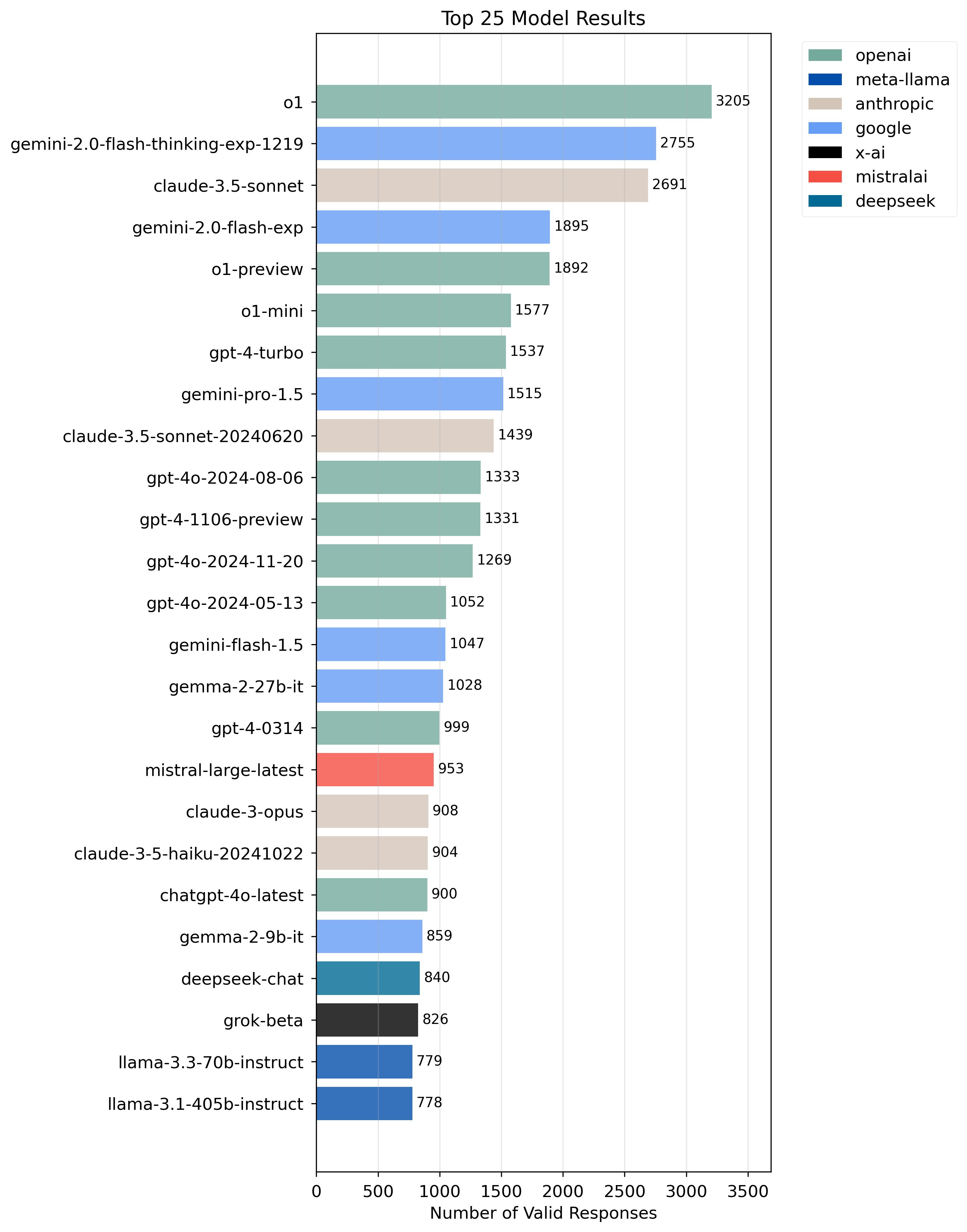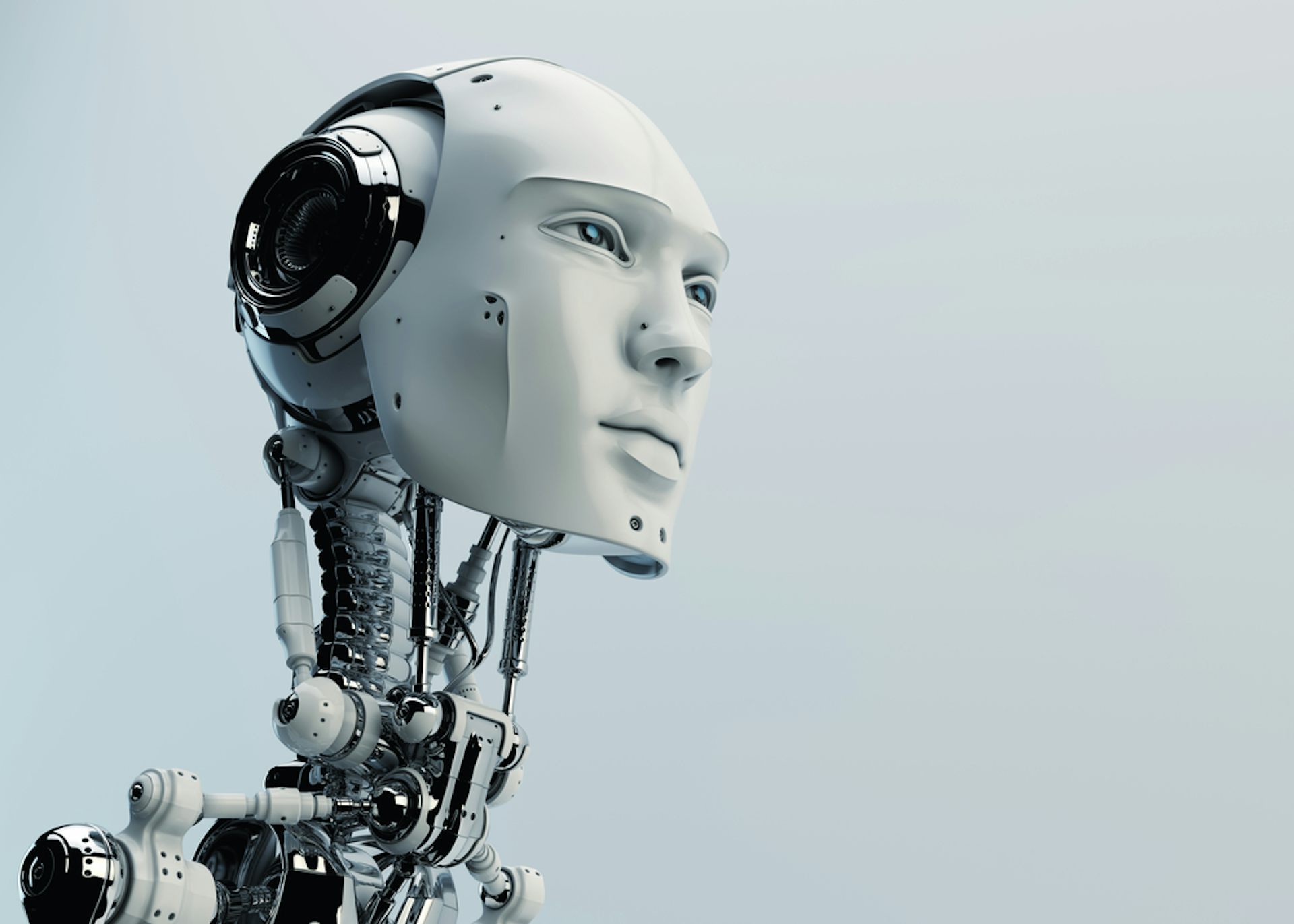
Technology is changing our world at an amazing speed! Its sweeping changes can be found everywhere and hb9lc.org they can be referred to as both thrilling, and at the very same time terrifying. Although individuals in numerous parts of the world are still attempting to come to terms with earlier technological transformations in addition to their sweeping social and educational implications - which are still unfolding, they have actually been awoken to the reality of yet another digital revolution - the AI transformation.

Expert System (AI) innovation describes the capability of a digital computer or computer-controlled robot to perform tasks that would otherwise have been carried out by people. AI systems are developed to have the intellectual procedures that identify humans, such as the capability to factor, find significance, generalize or discover from previous experience. With AI technology, huge quantities of details and text can be processed far beyond any human capability. AI can also be utilized to produce a huge variety of brand-new content.

In the field of Education, AI technology features the possible to enable new types of teaching, discovering and academic management. It can likewise boost learning experiences and assistance instructor jobs. However, regardless of its positive potential, AI also presents considerable threats to trainees, the mentor community, education systems and society at big.
What are some of these risks? AI can decrease mentor and learning procedures to computations and automated tasks in manner ins which decrease the value of the function and impact of teachers and deteriorate their relationships with learners. It can narrow education to only that which AI can process, design and provide. AI can also intensify the around the world lack of qualified instructors through out of proportion costs on innovation at the expenditure of financial investment in human capacity development.
Making use of AI in education also creates some fundamental questions about the capability of teachers to act actively and constructively in figuring out how and when to make sensible usage of this technology in an effort to direct their expert growth, find services to obstacles they deal with and enhance their practice. Such essential concerns include:
· What will be the function of instructors if AI technology become extensively executed in the field of education?
· What will assessments look like?
· In a world where generative AI systems appear to be developing new capabilities by the month, what abilities, outlooks and competencies should our education system cultivate?
· What modifications will be required in schools and beyond to assist trainees strategy and direct their future in a world where human intelligence and maker intelligence would seem to have ended up being ever more carefully connected - one supporting the other and vice versa?
· What then would be the purpose or function of education in a world dominated by Artificial Intelligence technology where humans will not always be the ones opening new frontiers of understanding and understanding?
All these and more are intimidating concerns. They force us to seriously think about the concerns that emerge concerning the execution of AI innovation in the field of education. We can no longer simply ask: 'How do we prepare for an AI world?' We must go deeper: 'What should a world with AI look like?' 'What functions should this effective technology play?' 'On whose terms?' 'Who decides?'
Teachers are the main users of AI in education, and they are expected to be the designers and facilitators of students' knowing with AI, the guardians of safe and ethical practice across AI-rich instructional environments, and to function as function models for long-lasting finding out about AI. To presume these obligations, teachers require to be supported to establish their abilities to leverage the prospective advantages of AI while mitigating its risks in education settings and larger society.
AI tools should never ever be designed to replace the genuine accountability of teachers in education. Teachers should stay liable for pedagogical decisions in making use of AI in teaching and in facilitating its usages by trainees. For teachers to be liable at the practical level, a pre-condition is that policymakers, teacher education organizations and schools assume obligation for preparing and supporting teachers in the proper use of AI. When presenting AI in education, legal defenses should also be established to secure instructors' rights, and long-term financial commitments require to be made to make sure inclusive gain access to by teachers to technological environments and standard AI tools as important resources for adapting to the AI period.
A human-centered approach to AI in education is important - a method that promotes key ethical and
%20Is%20Used%20In%20Biometrics.jpg)
practical concepts to help manage and assist practices of all stakeholders throughout the entire life process of AI systems. Education, given its function to secure along with assist in advancement and knowing, has an unique obligation to be fully knowledgeable about and responsive to the threats of AI - both the known threats and those only simply coming into view. But too often the threats are neglected. Making use of AI in education for that reason needs cautious consideration, including an assessment of the progressing functions instructors require to play and the proficiencies needed of instructors to make ethical and reliable usage of Expert system (AI) Technology.
While AI uses opportunities to support teachers in both teaching along with in the management of learning processes, meaningful interactions between instructors and students and human growing ought to remain at the center of the academic experience. Teachers ought to not and can not be replaced by innovation - it is important to protect instructors' rights and guarantee sufficient working conditions for them in the context of the growing use of AI in the education system, in the office and in society at large.









